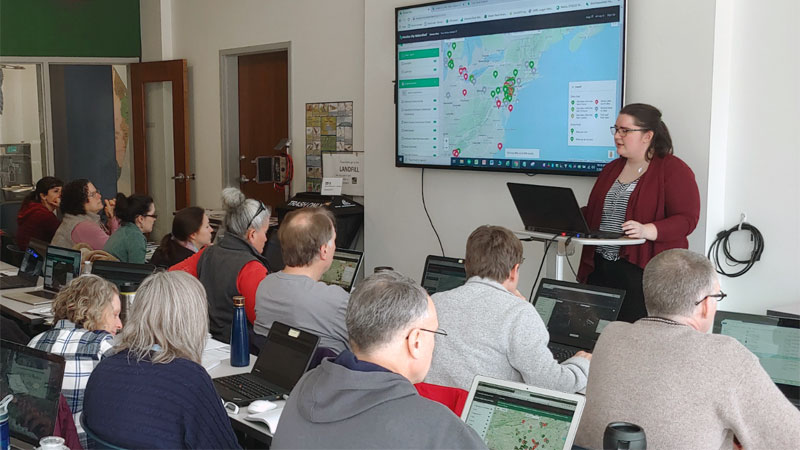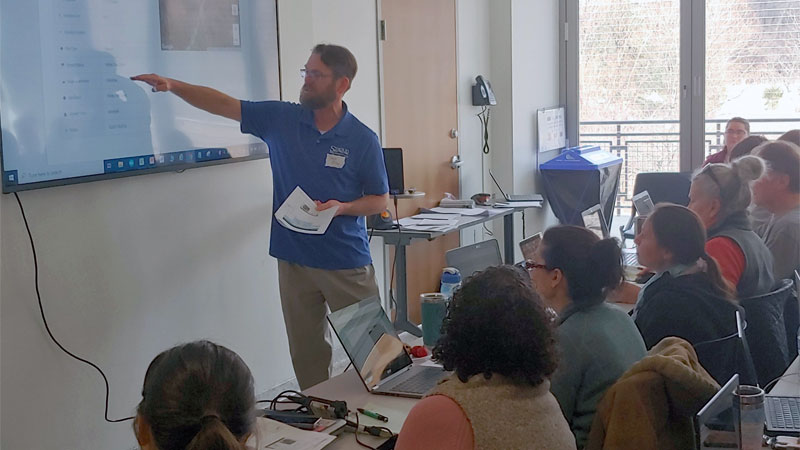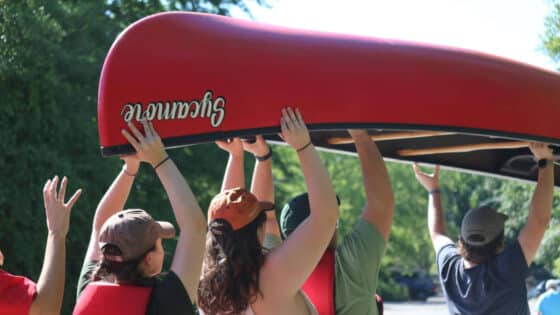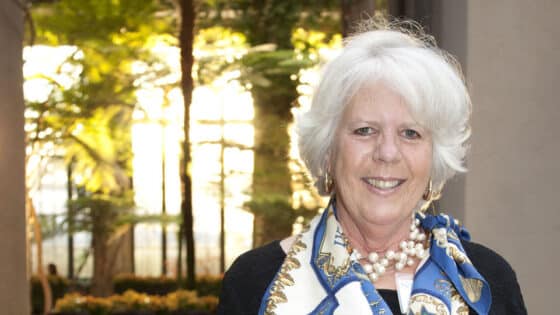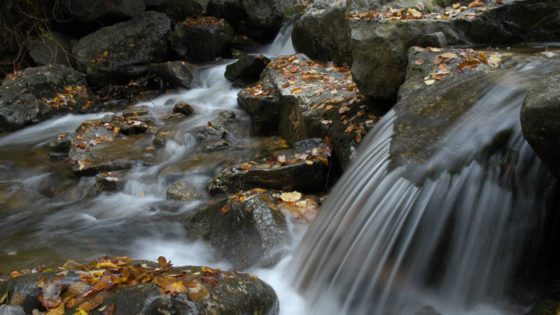By Katie Chambers, David Kline, and David Bressler
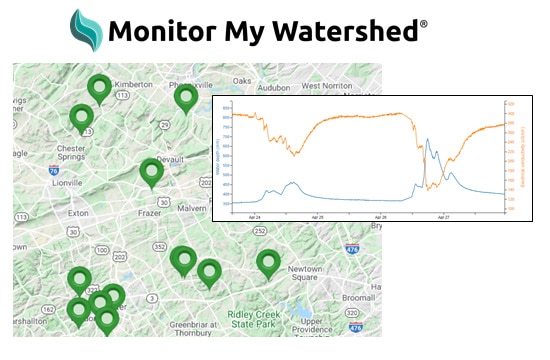
EnviroDIY monitoring stations report data to Monitor My Watershed where it can be summarized and graphed.
At Stroud Water Research Center, we know that access to real-time data can advance our research of freshwater systems. For teachers, real-time data can revolutionize the way students are taught about water. A recent collaboration resulted in a workshop that gave local educators and citizen scientists the skills, knowledge, and tools to use real-time data to support watershed education and science in southeastern Pennsylvania.
The Stroud Center’s Monitor My Watershed data portal is an interactive, open-source platform for sharing and analyzing watershed data, enabling scientists, teachers, and students to visualize and summarize real-time monitoring data. It has tremendous growth potential: the ongoing collection of data, the addition of new sensors, and the increase in registered users will all improve the platform and help educate people about their local watersheds.
Partners in Promoting Science Education
Retired physician David George has been using the Monitor My Watershed for several EnviroDIY sensor stations that he manages in his role as a Master Watershed Steward and citizen scientist for Berks Nature and Angelica Creek Watershed Association (ACWA). George recently reached out to the Stroud Center with an idea to plan a workshop to help educators integrate Monitor My Watershed into their classes.
After getting the ball rolling with the Stroud Center, George involved partners at Berks Nature, ACWA, and Nolde State Forest for assistance in hosting and facilitating the workshop. Stroud Center staff members David Bressler and David Kline defined the workshop goals and determined the types of educational materials that would be needed.
A Suite of Resources for New Users
Bressler, Kline, and Katie Chambers, a volunteer and recent University of Delaware graduate, developed a suite of resources to help users new to Monitor My Watershed. Chambers, with guidance from Bressler and Kline, wrote the Monitor My Watershed Manual and quick guides and recorded instructional videos, which helped ensure the workshop’s success and allowed her to build knowledge and skills that will support her in becoming a professional educator. Kline created the Monitor My Watershed Lab Series, which includes a lesson plan to teach students how to use the platform and another which uses EnviroDIY sensor station data to teach about temperature patterns in nature.
On February 29, 25 teachers, non-formal educators, retired teachers, and volunteers from around Berks County engaged in a successful workshop to learn how Monitor My Watershed can enhance their watershed science lessons. The feedback from the workshop will be used to refine future events and support materials.
This effort speaks to the influence that engaged and proactive citizens and volunteers can have in promoting science education and capacity building in schools and the community.
- Katie Chambers provides instruction to the class on using Monitor My Watershed.
- David Kline reviews lesson plans the Stroud Center developed to support usage of Monitor My Watershed in the classroom.
Learn More
Monitor My Watershed includes real-time sensor data from the EnviroDIY community and macroinvertebrate data from the Leaf Pack Network. It is a part of WikiWatershed.org, a web toolkit designed to help citizens, conservation practitioners, municipal decision-makers, researchers, educators, and students advance knowledge and stewardship of fresh water. Visit the WikiWatershed website for Monitor My Watershed curricula and help resources. For more information, please contact David Bressler.

